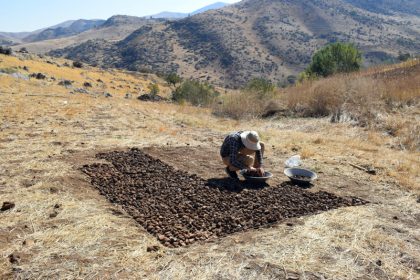A team of scientists in Singapore and the United States discovered how a protein that controls our biological clock changes its function, offering new ways to treat jet lag and seasonal changes.
According to RCO News Agency, Scientists from the Duke-NUS School of Medicine and the University of California, Santa Cruz have discovered the secret to regulating our body’s internal clock. They found that this regulator is located right at the tail end of casein kinase 1 delta (CK1δ), a protein that acts as a pacemaker for the internal biological clock, or natural 24-hour cycles that control sleep-wake patterns and other daily functions. and is known as circadian rhythm.
According to York, their findings, published in the journal PNAS, could pave the way for new approaches to treating disorders related to our body clock.
Casein kinase 1 delta regulates circadian rhythms by tagging other proteins involved in the biological clock so that these rhythms are well timed. In addition to modifying other proteins, casein kinase 1 delta itself can be tagged, thereby altering its ability to regulate proteins involved in running the body’s internal clock.
Using advanced spectroscopic methods, the researchers discovered that how proteins are labeled is determined by their distinct sequence sequence.
The researchers’ findings point to three specific sites in the casein kinase 1 delta tail where phosphate groups can attach, and these sites are critical for controlling the protein’s activity.
This discovery shows how a small fraction of casein kinase 1 delta can have a large effect on its overall activity.
Adjusting our internal body clock goes beyond treating jet lag and is important for improving sleep quality, metabolism and overall health. This important discovery could potentially open new doors to the development of treatments that could change the way we manage these essential aspects of our daily lives.
The researchers plan to further investigate how real-world factors, such as diet and environmental changes, affect the labeling sites in casein kinase 1 delta. This could provide insight into how these factors affect circadian rhythms and may lead to practical solutions for managing the disorders.
end of message
RCO NEWS
















